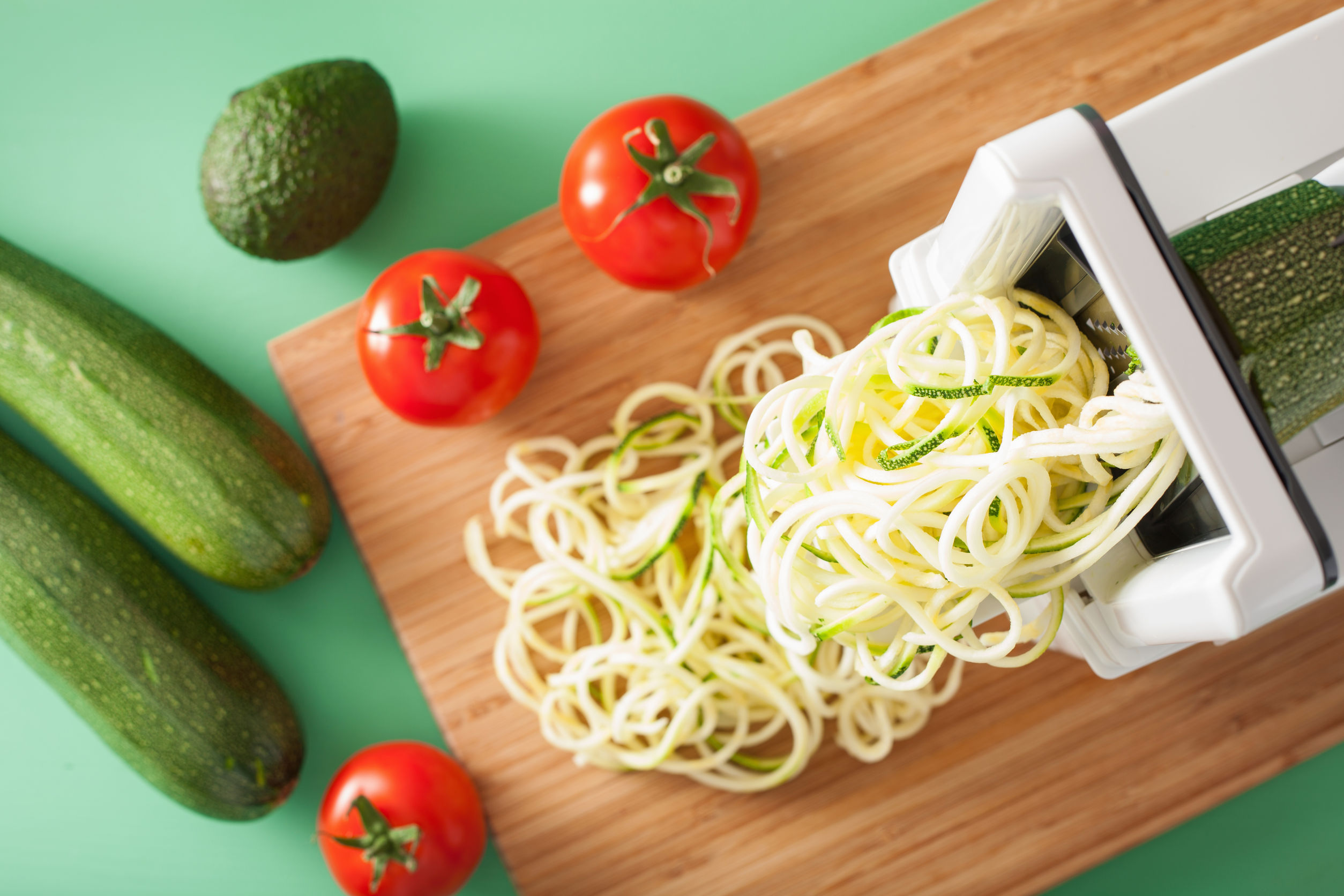Weight loss surgery is just one tool to help you lose weight. It is not the end-all, be-all solution to all of your weight loss challenges. When it comes to losing and keeping off weight, a healthy diet and regular exercise are always part of the equation.
This is true even if you’ve undergone bariatric surgery.
Your body needs food for fuel, but eating the right foods is essential to maintaining weight loss and keeping those extra pounds off. We understand that, for many of our patients, an unhealthy relationship with food has contributed to their years-long struggle with their weight. That’s why we’re committed to helping our patients improve their relationship with food and implement healthy lifestyle changes to lose weight and keep it off long-term.
At McCarty Weight Loss Center, our patients have access to a variety of educational resources — including counseling programs and pre-packaged meal services — that help take the guesswork out of proper nutrition. We fully evaluate each patient’s caloric requirements, medical history and cardiovascular health, presenting them with precisely what they need to stay on track with their goals.
We understand that the best way to build successful long-term eating habits is to eat foods you enjoy. That said, post-surgery, you’ll also need to follow very specific dietary recommendations designed to get your body burning fat as efficiently as possible. We will work with you to find an approach to sticking to your nutritional plan that’s both sensible and enjoyable.
What are the keys to a healthy bariatric diet? Start with these five essentials.
- Fill half of your plate with lean protein, such as chicken and fish. You should get about 20 to 30 grams of protein with every meal.
- Fill the other half of your plate with a variety of vegetables. Aim for a mix of healthy colors: green beans, orange carrots, red beets etc.
- Limit unhealthy fats, added sugars, excessive salt and starchy foods. Replace the processed and pre-packaged foods, pasta and potatoes in your diet with the healthiest option available. For example, mashed cauliflower makes a great alternative to mashed potatoes. Or try making noodles from spiralized squash (zucchini, butternut, etc.).
- Eat at home as often as possible. Restaurant portions are notoriously large, and when eating out, you have less control over the preparation of the food you’re putting into your body. When you eat at home, you are in charge of what goes into your food as well as the size of the portions on your plate.
- Drink plenty of water in between meals. Aim to drink at least half your body weight in ounces of water a day. Also, try to avoid drinking water with your meals. Instead, drink between meals and at least 15 to 30 minutes before eating.
Need some more inspiration for healthy, post-bariatric surgery meals? Visit our resource center and check out our blog. You can also follow us on Pinterest, where we share recipes and tips to help you achieve your long-term weight loss goals.
McCarty Weight Loss Center is devoted to helping our patients develop lifestyle habits to improve their health and keep the weight off while still enjoying the foods they love.





